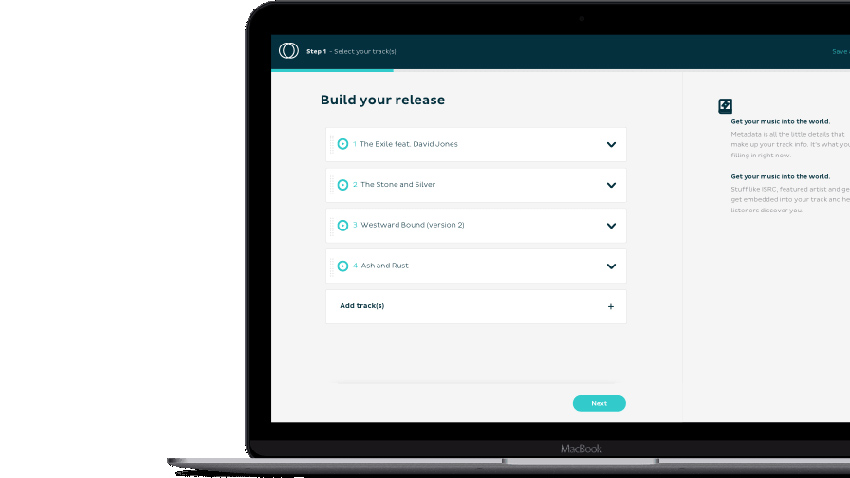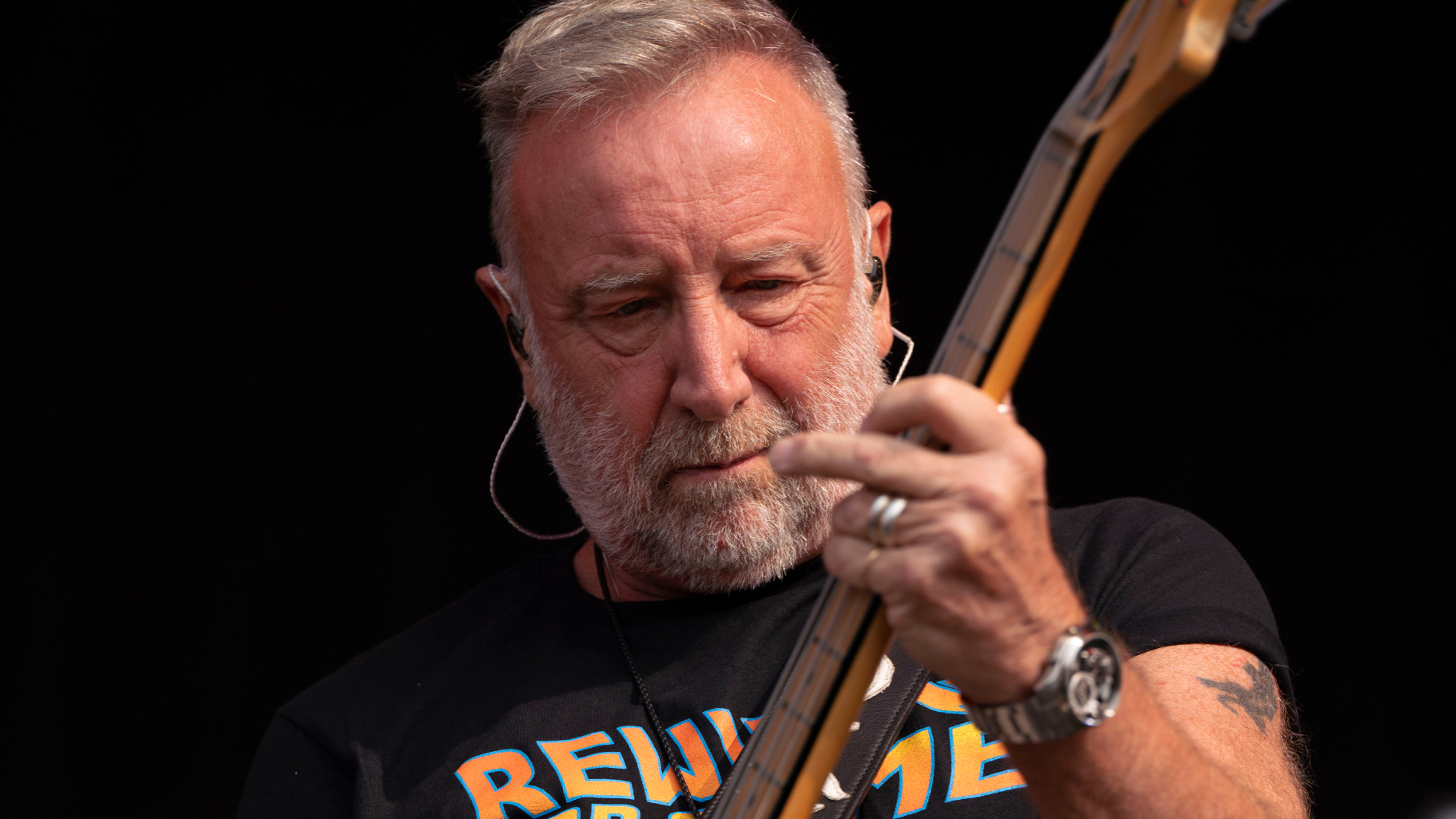LANDR aims to make it easier than ever to release your music on multiple platforms
New distribution service gets you on iTunes, Spotify, Google Play and more

With its automated service, LANDR has given musicians another mastering option, and now it’s attempting to be a disruptive influence in the distribution business, too.
From just $1/month, artists can easily release their music on platforms such as iTunes, Spotify, Google Play and others, with the promise that they’ll keep all their royalties and rights. Those who sign up will also get data on streams, listener locations, downloads and revenue via a dashboard, providing valuable insight.
“LANDR is committed to help musicians focus on creating new content, so we’ve spent a lot of attention on making our new digital distribution features easy to use and self-guiding, with real DIY artists in mind,” said LANDR’s CEO Pascal Pilon.” We now have a platform where musicians can master tracks, collaborate with their peers and release their music easily, in a couple of minutes, at a price that actually makes sense for them.”
You can test the service by releasing two tracks for free, or sign up to a paid account that gives you access to both the mastering and release services or just the release ones. Find out more on the LANDR website.
Get the MusicRadar Newsletter
Want all the hottest music and gear news, reviews, deals, features and more, direct to your inbox? Sign up here.



I’m the Deputy Editor of MusicRadar, having worked on the site since its launch in 2007. I previously spent eight years working on our sister magazine, Computer Music. I’ve been playing the piano, gigging in bands and failing to finish tracks at home for more than 30 years, 24 of which I’ve also spent writing about music and the ever-changing technology used to make it.
"The one-size-fits-all streaming model does not serve those seeking deeper connections with artists": Deezer makes a profit for the first time with big plans ahead
Napster is back - again - in a new deal worth $207 million: “Napster revolutionized digital music - we’re ready to do it again”



![PRS Archon Classic and Mark Tremonti MT 15 v2: the newly redesigned tube amps offer a host of new features and tones, with the Alter Bridge guitarist's new lunchbox head [right] featuring the Overdrive channel from his MT 100 head, and there's a half-power switch, too.](https://cdn.mos.cms.futurecdn.net/FD37q5pRLCQDhCpT8y94Zi.jpg)





